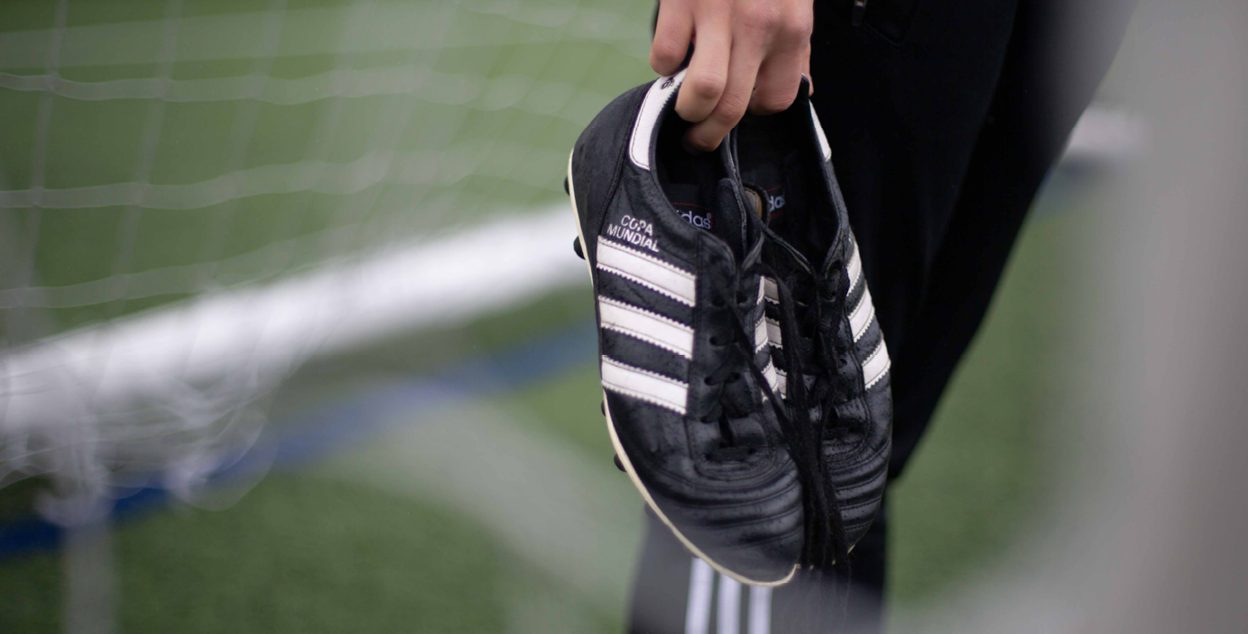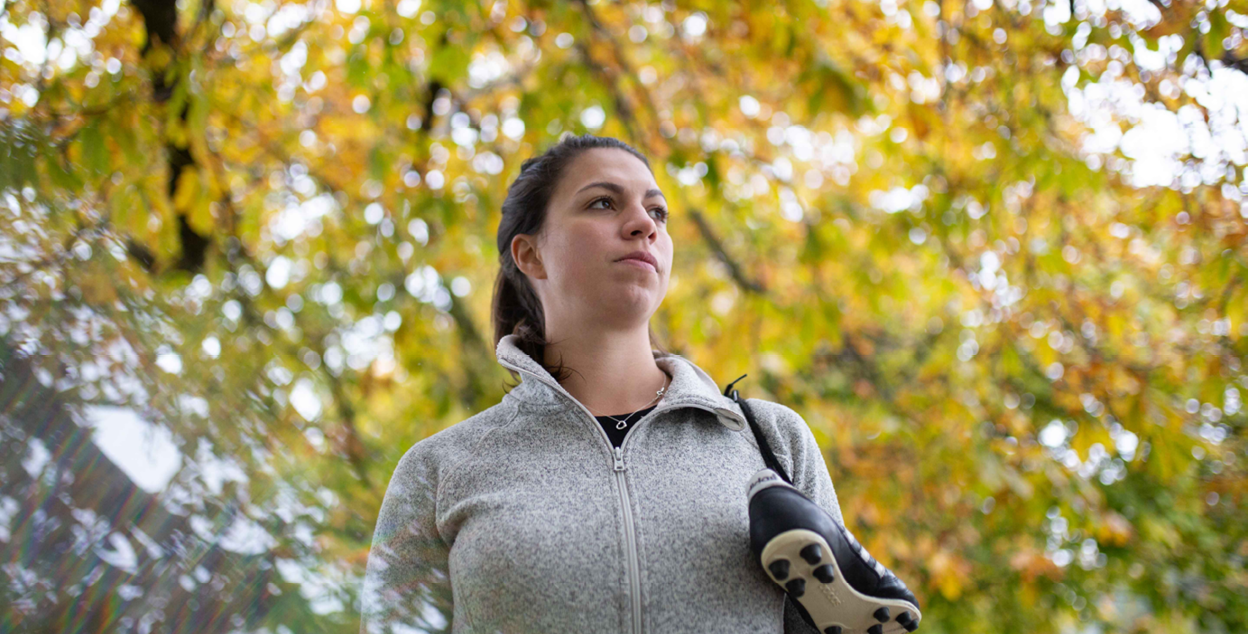
Thalia Otamendi loved soccer. Ever since she moved to Canada from Mexico when she was 10 years old she was always on the field, playing, practicing and competing.
But over the years the sport took its toll on her body, and shortly after completing her undergrad she suffered a serious concussion while playing.
At first, Thalia thought the symptoms would go away on their own. But they only grew worse. After a few weeks she went to see local care providers for help, who told her to stay indoors in dark rooms until the symptoms subsided. This went on for months.
“I was feeling so overwhelmed, anxious and depressed,” says Thalia.
Thalia’s mental and physical health was steadily declining. She felt increasingly isolated and had no idea how to recover. That is until she met clinician-scientist Dr. William Panenka, a leading traumatic brain injury and concussion expert at VGH and UBC Hospital.
